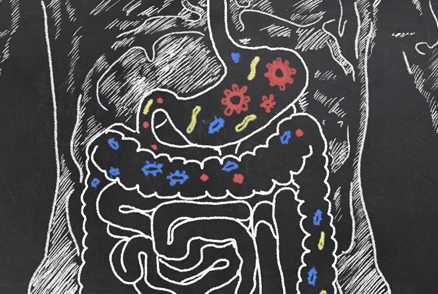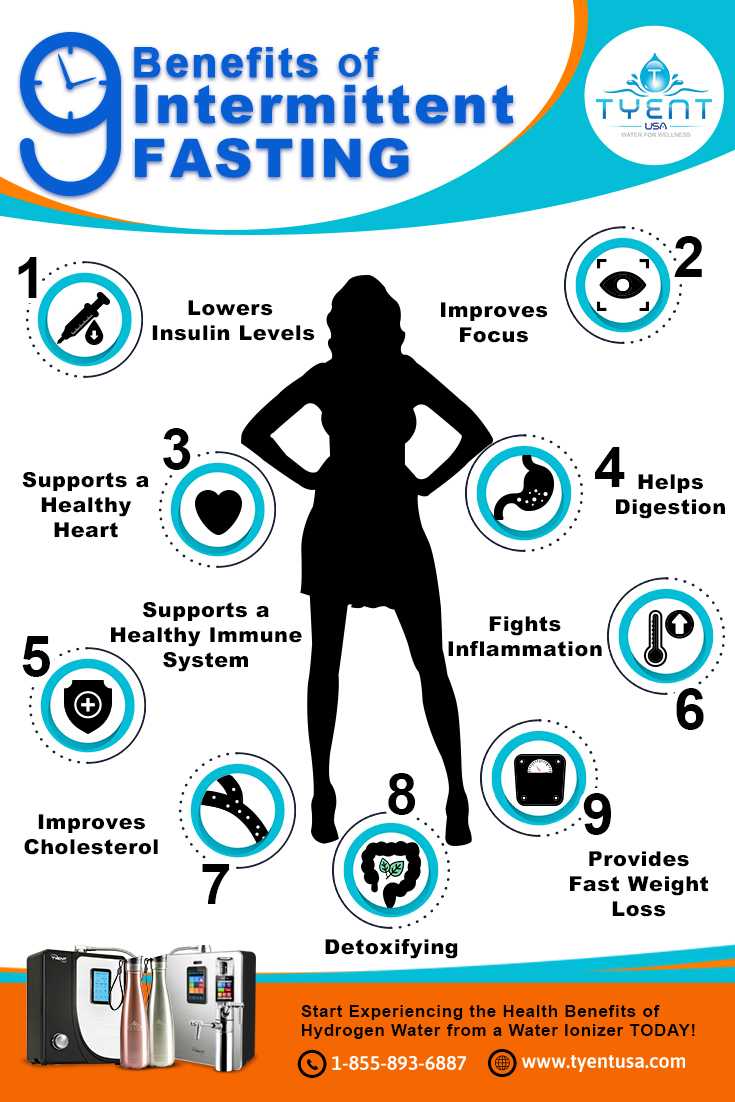WHAT IS INTERMITTENT FASTING?
The term "intermittent fasting" refers to :
"Depriving oneself of food and liquids for a specific number of hours or days."
It includes a multitude of regimens, such as alternate-day fasting, prolonged fasts lasting several days, or daily fasting that limits eating to a set number of hours each day.

BENEFITS OF INTERMITTENT FASTING ON THE GUT MICROBIOME:
The effects of intermittent fasting on the microbiome of the digestive tract have received little attention.
When you consider how quickly changes in nutrition may impact the microbiome, it is not hard to see how fasting could have a comparable impact.
Let's have a look on sleep-wake cycle because it is the most familiar form of fasting. Most people eat multiple meals throughout the day, typically beginning with breakfast and finishing with a late-night snack.

It is recommended that they then sleep for eight hours, during which time they will have unintentionally fasted. In this state, the gut microbiota can recover from its hard work of digesting food and creating vital molecules.
- Earlier research has demonstrated positive health impacts, including decreased body fat and vulnerability to cardiometabolic diseases. Some of the benefits of intermittent fasting may be attributable to a lower caloric intake, but the precise processes are still unknown.
During fasting, a particular family of anaerobic bacteria called Lachnospiraceae flourished. This group of bacteria, part of the order Clostridiales, is responsible for a process called butryogenesis in the gut, which has beneficial metabolic and anti-aging effects. The metabolic and maybe health-span-enhancing advantages of intermittent fasting and food restriction may be related to changes in the microbiome.

Evidence suggests that our gut microbiomes and circadian rhythms are interconnected. The bacteria in our bodies affect our regular sleep schedule and vice versa. Consequently, sleep deprivation has an effect on the microorganisms in the digestive tract.








Awalludin Ramlee 1 y
The fasting Practised by Nabi Dawud, was alternate days